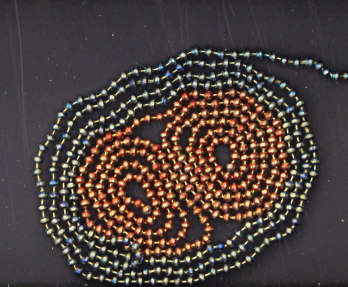
The Separation of Beaded Chainsin a Two Dimensional Confined Environment
M.Sc. report, unpublished, Sept. 2012.
Justin Bondy
Department of Physics,
University of Toronto,
60 St. George St., Toronto, Ontario, Canada M5S 1A7.

|
The Separation of Beaded Chainsin a Two Dimensional Confined EnvironmentM.Sc. report, unpublished, Sept. 2012.
Justin Bondy
Department of Physics,
University of Toronto, |

Download this paper here:


The Experimental Nonlinear Physics Group / Dept. of Physics / University of Toronto / 60 St. George St. Toronto, Ontario, Canada, M5S 1A7. Phone (416) 978 - 6810